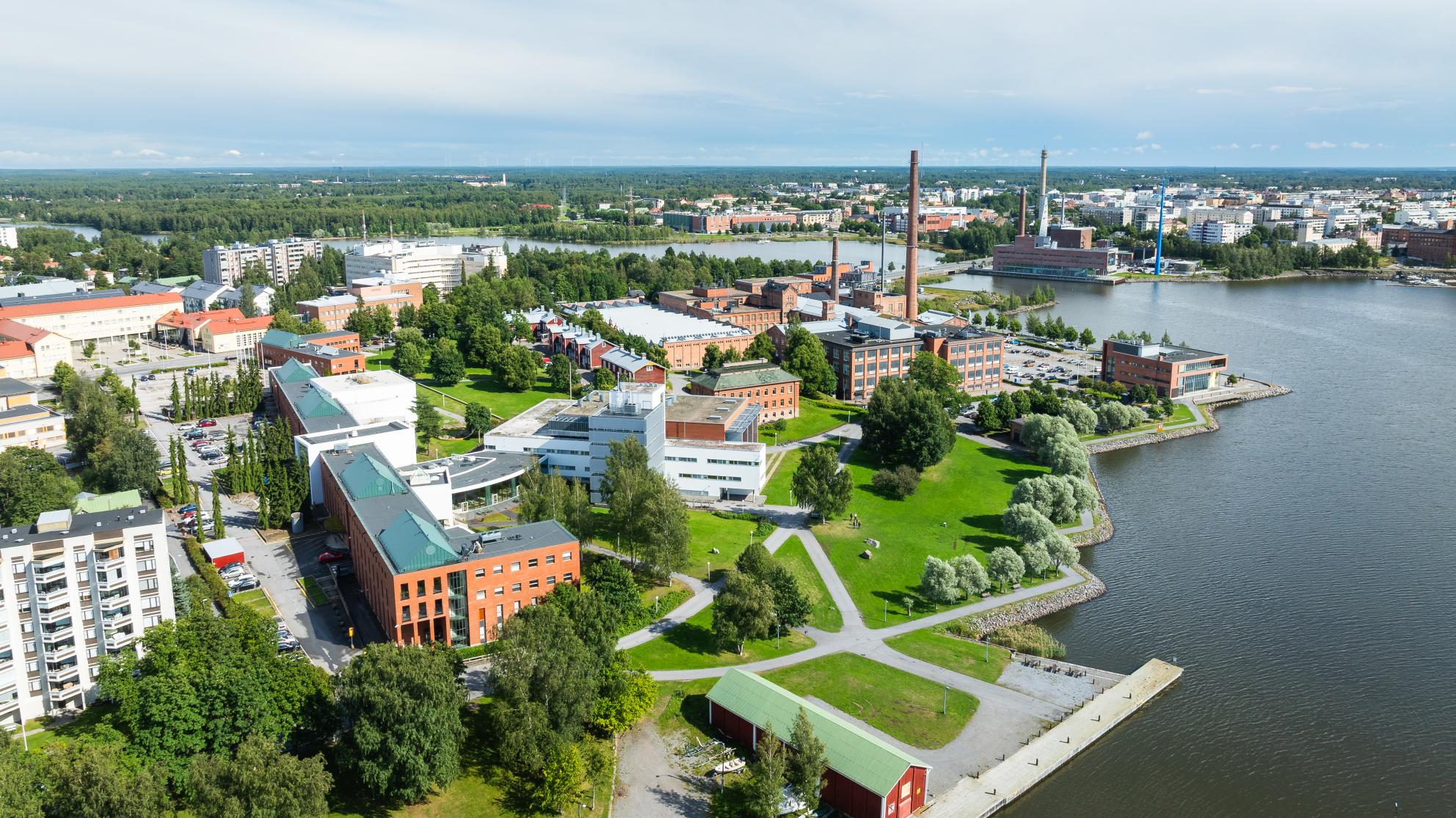
STRAIND - Bridging Strategic Spatial Policies and Returning Industrial Policies for Innovation and Growth
Project information
Project description
Strategic industrial renewal in the current volatile environment requires a comprehensive understanding of the place-based innovation potential and the spatiality of threats and opportunities associated with industrial renewal. The project will produce new multi- and interdisciplinary research and policy tools to support foresight-based, regionally strategic industrial renewal in Finland. The results include significant scientific results, strategic policy support and data-driven tools for place-based industrial policy. It will also promote stakeholder engagement through workshops and competence building. Together, these results will improve Finland's ability to respond to industrial and geopolitical change and support a sustainable, knowledge-based industrial policy. The project will also significantly strengthen research expertise in regional industrial policy in Finland.
The joint project between the Universities of Vaasa and Turku started on 1 October 2025 and end on 30 September 2027. The implementation consists of six work packages:
- Needs assessment and development of the theoretical framework
- Case studies and their analysis
- Development of foresight methodology and data-driven policy analysis
- Conclusions and synthesis of key research results
- Co-creation of industrial policy messages and identification of impact pathways
- Dissemination of results and ensuring impact
